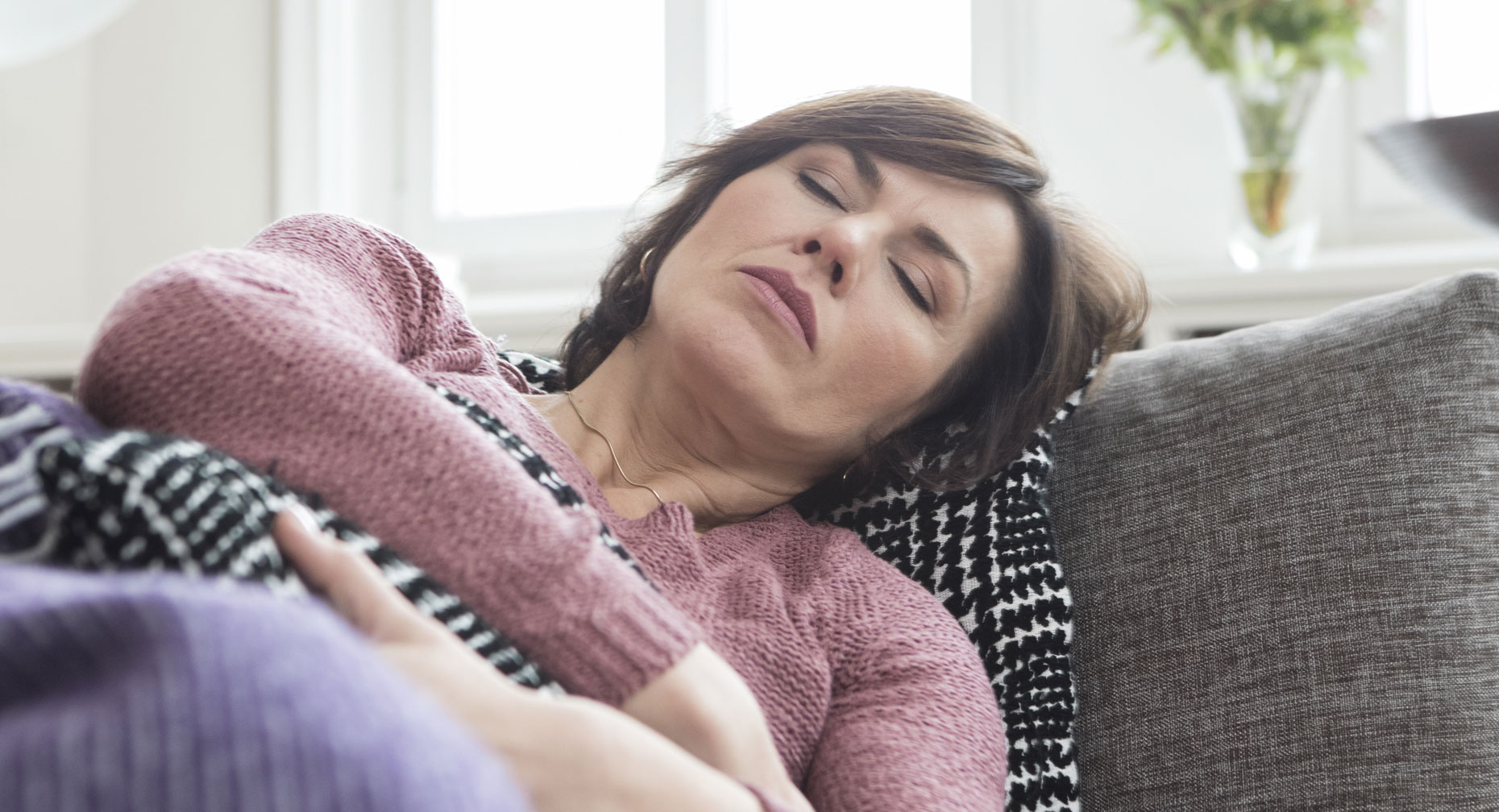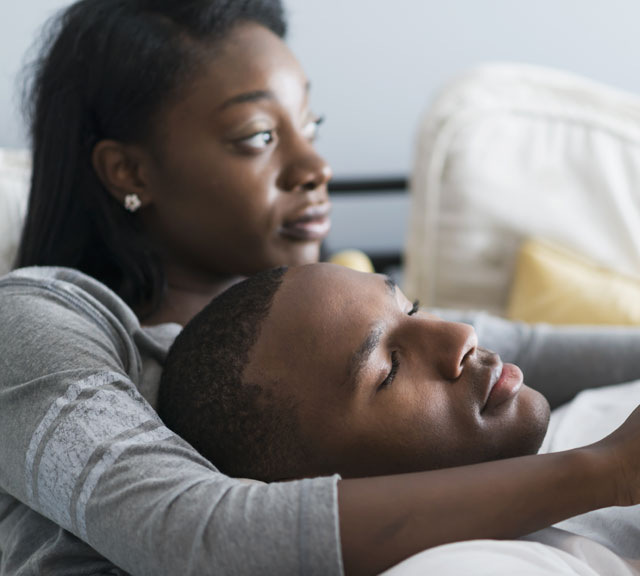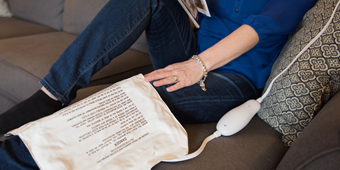Why Women Lose More Sleep Than Men

Answer a few questions and we'll provide you with a list of primary care providers that best fit your needs.
What’s keeping you up at night? Maybe research findings that women have twice the trouble falling and staying asleep as men.
The reasons for this lack of sleep parity, say University of California at Los Angeles researchers: fluctuating hormones caused by menstrual cycles, pregnancy and menopause, which interfere with women’s sleep patterns. And you may have already guessed: the daily battles of balancing life and work obligations.
Women and Wakefulness
How well you sleep can vary by your stage in life.
On average, women between the ages of 30 and 60 get less than seven hours of sleep a night. Too little sleep can lead to problems during the day, including:
- Accidents
- Concentration problems at work or school
- Daytime sleepiness
- Sickness
- Weight gain
Women get their best sleep when they are younger.
As your body and hormone levels change, so does the quality of your sleep. Older women wake up more often and get less deep sleep. Physical factors such as arthritis and hot flashes – and your emotions – can also impact sleep.
When you feel stressed, depressed or worried, you likely sleep less soundly.
Many different conditions and situations can impact your sleep. Finding the exact cause of sleeplessness can be difficult. Talk with your doctor, who can help diagnose underlying causes of sleep problems and recommend ways to get more sleep.
How well you sleep can vary by your stage in life.
Hormones and Sleep

Changes in sex hormones can affect how sleep hormones work, making sleep more difficult. Hormones affect sleep in different ways, depending on your life stage:
- During your menstrual cycle hormone fluctuations can cause pain and insomnia and make you feel sleepier during the day.
- During pregnancy an increase in progesterone makes some women feel the need for more sleep at night. You also may feel sleepier during the day. The quality of sleep becomes poor in the last stages of pregnancy.
- Before and during menopause as your estrogen levels decline, you are likely to experience more sleep problems. You may also have hot flashes, which can wake you and keep you awake.
Try these tips to manage hot flashes:
- Keep your bedroom cool
- Use light cotton sheets
- Avoid a hot shower or bath a few hours before bedtime
- Eat a light snack
- Decrease your consumption of alcohol, caffeine and sugar
- Take vitamin E or a vitamin E supplement. Or consider hormone replacement therapy. But talk with your doctor before using any medicines or supplements for hot flashes.
- During post-menopause you may be more likely to sleep lighter and wake up more often at night. As a result, you may feel more tired during the day.
Exercise often can relieve sleep problems caused by hormonal fluctuations. The National Sleep Foundation says that overweight, post-menopausal women who exercise in the morning experience less difficulty falling asleep and enjoy better quality sleep than women who exercise at night.
How to Sleep Well
Healthy sleep hygiene can increase your chances of enjoying a good night’s sleep on a regular basis, at any stage of life. Sleep keeps you healthy and gives you the energy to complete activities throughout your day.
Follow these general guidelines for good sleep:
- Keep a regular sleep schedule
- Follow a regular exercise routine
- Learn to relax
- Create a comfortable sleep setting
- Use your bed only for sleep and sex
- Avoid or limit caffeine, nicotine and alcohol
- Do not nap after 3 p.m.
If you still have concerns about poor sleep, talk with your doctor about strategies for good sleep based on your health status.
Answer a few questions and we'll provide you with a list of primary care providers that best fit your needs.
Source: National Sleep Foundation; University of California at Los Angeles Sleep Disorders Center




